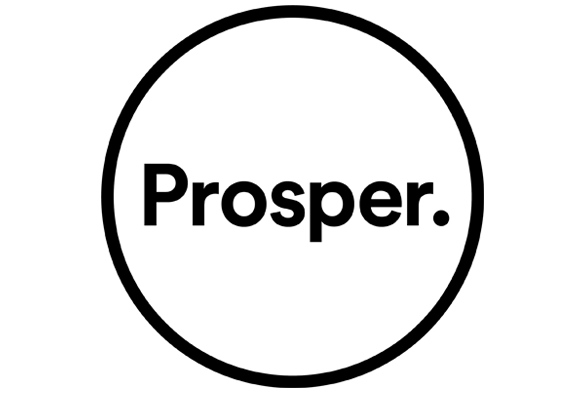
Following a competitive application process, 57 postdocs from across the three faculties have been invited to join Prosper’s first career development pilot, conditional on the agreement of PIs and funders.
80 postdocs applied to join the cohort, submitting two motivation statements. Successful postdocs were selected based on their ability to demonstrate why joining the pilot at this stage in their careers would benefit them, as well as showing how their specific circumstances and experiences would contribute to the creation of Prosper in a way that is flexible, accessible and appealing to the broadest possible range of postdocs.
Applications were reviewed by a diverse panel of nine that included members of the Prosper board, PIs, representation from employer partners and the university’s Diversity and Equality team, and an external postdoc.
Director of The Academy and panel chair, Dr James Howard, said: “We were very pleased by both the number and quality of applications to join this first Prosper pilot cohort. It was key that the selection process was a robust one that did justice to both applicants and the creation of Prosper and I’m confident that a broad range of postdocs are now joining us as partners to co-create Prosper together.”
“The support that has been shown to successful applicants by their Principal Investigators and managers has also been impressive and it has been heartening to see so many colleagues actively supporting their postdocs to engage with this career development opportunity.”
Democratisation of access
As a diverse cohort is central to Prosper’s development, minimum targets are in place for representation across the two stages of the pilot cohort for gender, ethnicity and disciplinary background.
Together, these two stages will be comprised of 100 postdocs from across the three Prosper partner institutions. For this first, University of Liverpool-only, stage of the pilot, the 57 invited postdocs comprise of:
– 53% female, 47% male, 2% prefer not to say
– 70% white, 26% BAME, 4% prefer not to say
– 61% Biomedical and Biological Sciences, 30% Physical and Environmental Sciences and Engineering, 9% Humanities and Social Sciences
Recruitment to the second stage of the pilot later in 2021, which will also be open to our partners at the University of Manchester and Lancaster University, will look to increase the numbers of postdocs from Humanities and Social Sciences. More information will also be made available over the coming months via the Prosper blog that reviews the make-up of participants in this first stage of the pilot in more detail, as well as outlining the Prosper team’s plans to address any gaps in participation in the second stage of recruitment.
Next steps
A key element of the cohort is a 10% contract extension that will give postdocs the time to fully engage with Prosper alongside their research roles. Negotiations between the Prosper team, RSO and funders are now in progress, with a view to the first postdocs joining the cohort towards the end of April. PIs and managers of successful postdocs have also been consulted, giving their approval for participation.
Once the pilot begins, participating postdocs will undertake development activities designed to enable them to explore multiple career pathways. They will gain direct access to Prosper’s 40+ employer partners, as well as dedicated career coaches, to explore their skills and aspirations and how these align with the range of roles and sectors open to them.
The pilot’s development activities are being carefully co-created with a range of employers including multinationals, SMEs, science and technology companies, arts organisations and charities including:
Unilever, IBM, SciTech Daresbury, Alderley Park, BioNow, Notch Communications, North West Business Leadership Team, National Museums Liverpool, Tate, The Reader, Good Things Foundation and Creative Industries Federation.
For more information about Prosper and the pilot, visit their webpages, get in touch with the team or follow them on Twitter.